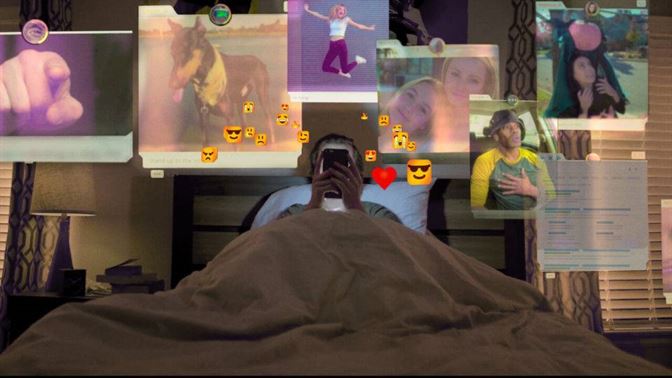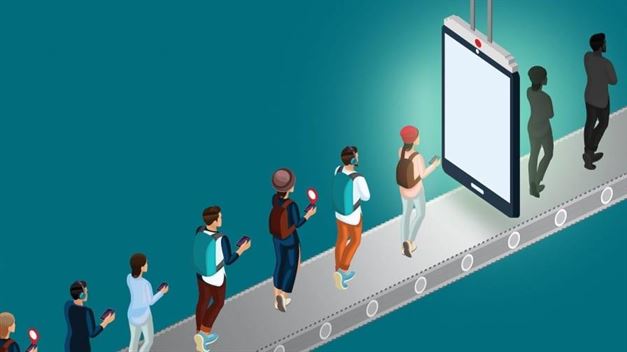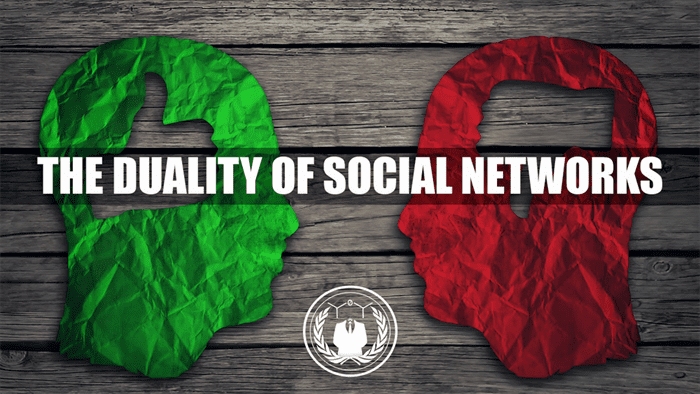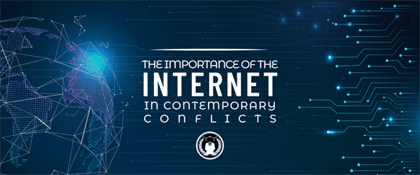The duality of social networks
When talking about the impact of social media, the focus is often on the number of people who actively participate in them. This is an important factor that always comes up when discussing the use and impact of proprietary networks. This discussion comes up in many contexts, but generally when it does, the opinions are very absolute, because it has usually been an assumed decision. It appears that an active user on a network who recognizes the impact of proprietary networks on digital governance is somehow contradicting himself. And the "opposite" stance of rejection is not usually accompanied by an alternative to this popularity, but it is often offered as a kind of digital sacrifice. When you reach a position that borders the religious tradition, it's worth asking what is wrong, without losing the direction of values.

It is therefore questionable whether the concept of social networking and how it is used, and can be discussed; not just the choice of the lesser evil. The advantages and disadvantages of what we have are clear on both extremes, but sometimes the absoluteness of these positions can overshadow the future possibilities of networks (networks are made by users!). In a more decentralized network, information can travel more slowly, but the fight against songwriting or general respect for other people who drink from the same sources is reinforced. Individualism sometimes makes us theorize, at worst, when the reality is, perhaps quieter and less morbid, that a number of users (and male and female plural users) are willing to learn new technologies that help to evolve from a less toxic form alongside technology. Even if a network is based on or inspired by another, it can receive the necessary "turnaround" to adjust to the world in a "gentle" way, that is, to different contexts.

Some non-technology-centric communities are years ahead in terms of flexibility. Feminism has encompassed various feminist sectors, as well as neighborhood movements to improve the quality of life of female neighbors. The balance between not losing sight of a goal and adapting it to people in the real world is a tricky maneuver that I have personally experienced and have lived through constantly since Interferencias (the association I co-founded a few years ago on privacy and digital rights). Companies play at creating realities, but free software must be the option to embrace all realities. In "Designing Clutter", an assay on the impact of city design on the lives of its inhabitants and on society, it is explained that a flexible and open structure that allows neighbors to adapt the space to their needs will create much less forced cooperation. Digital networks should be based on this concept and, instead of copying behavior from what we already know, promote experimentation with spaces that need to be created in order to make sense of it. Ramesh Srinivasan, who researches the social impact of technology from the least centralized perspective possible, explains in "After the Internet" how a collective in the tradition of various American Indian communities created a software called Tribal Peace adapted to their needs. This means that it was adapted to their roles, their traditions and their hierarchy, and it worked much better for them than Facebook could ever work for them. The project would not have been possible if the technical value had not given in to the value of the community's demands.

What would be the purpose of the networks in this case, is it the same as it exists now? When the networks are slowly dissected, even if they present themselves as methods of communication and movement (which they are), they represent a precarious, short and fleeting communication, in most cases. So fast, so short, and so fleeting that sometimes there's no time to consider whether this is the communication you really want. This is where the wedge of proprietary social networks really hits me, actually: a proprietary company will create realities to fit in, the goal is for users to adapt to it in order to prevail in the flow of information. It's the perfect system because people who don't flow at the dictated pace are left out of the algorithm and that need becomes invisible. This is what makes projects like Tribal Peace necessary, because not all people and not all communities follow the same rules. This is where the spirit of knowledge and free licenses has real relevance beyond a DIY hobby, but grows to create realities; it is not just free competition for proprietary networks, but a community that creates to adapt to realities.





